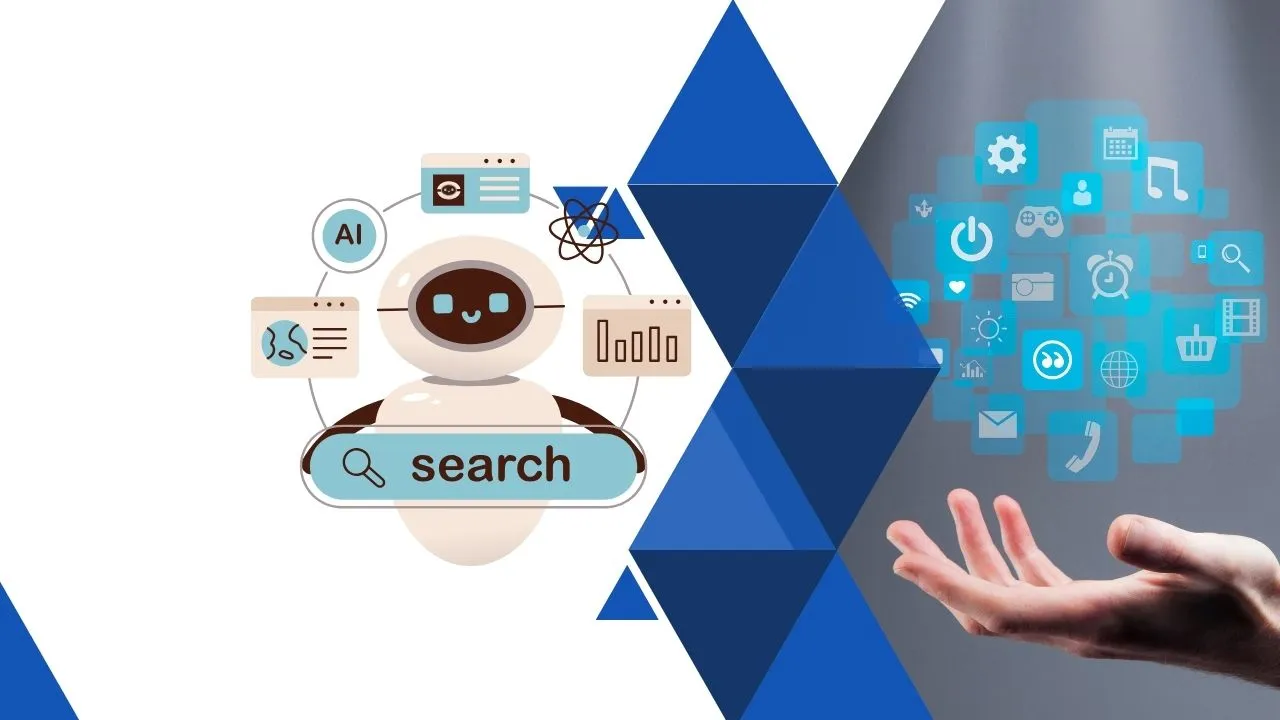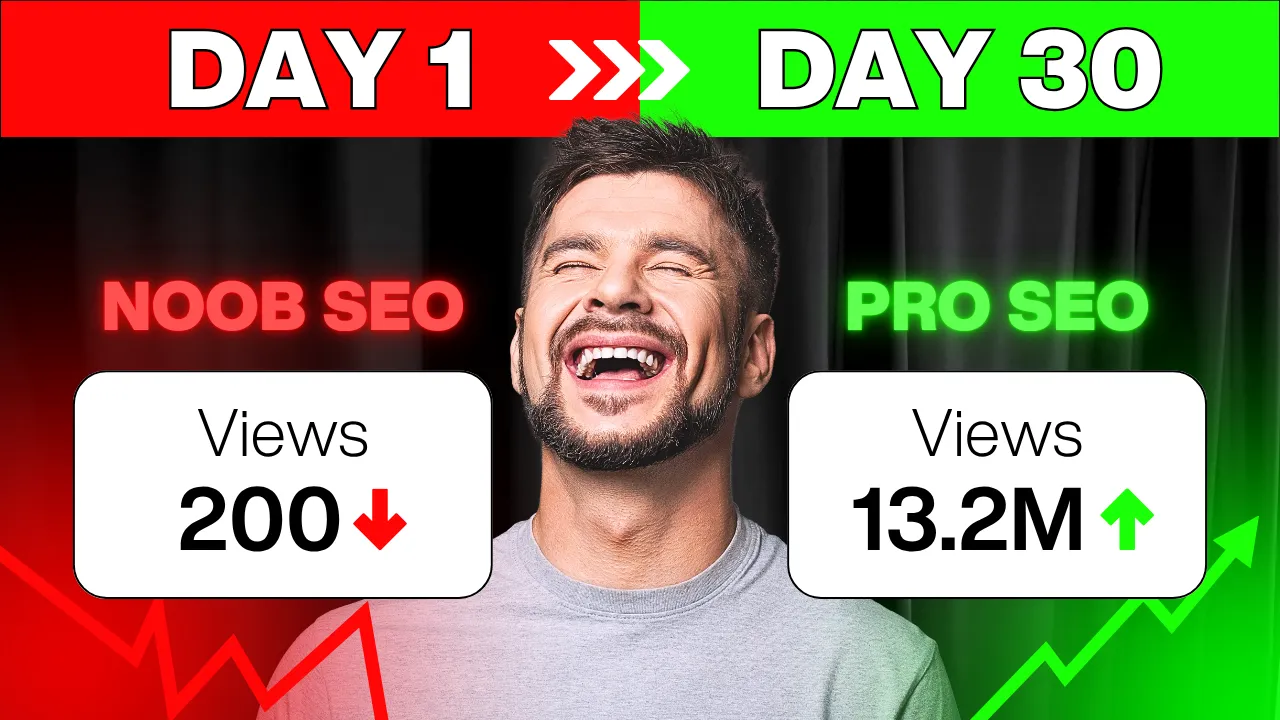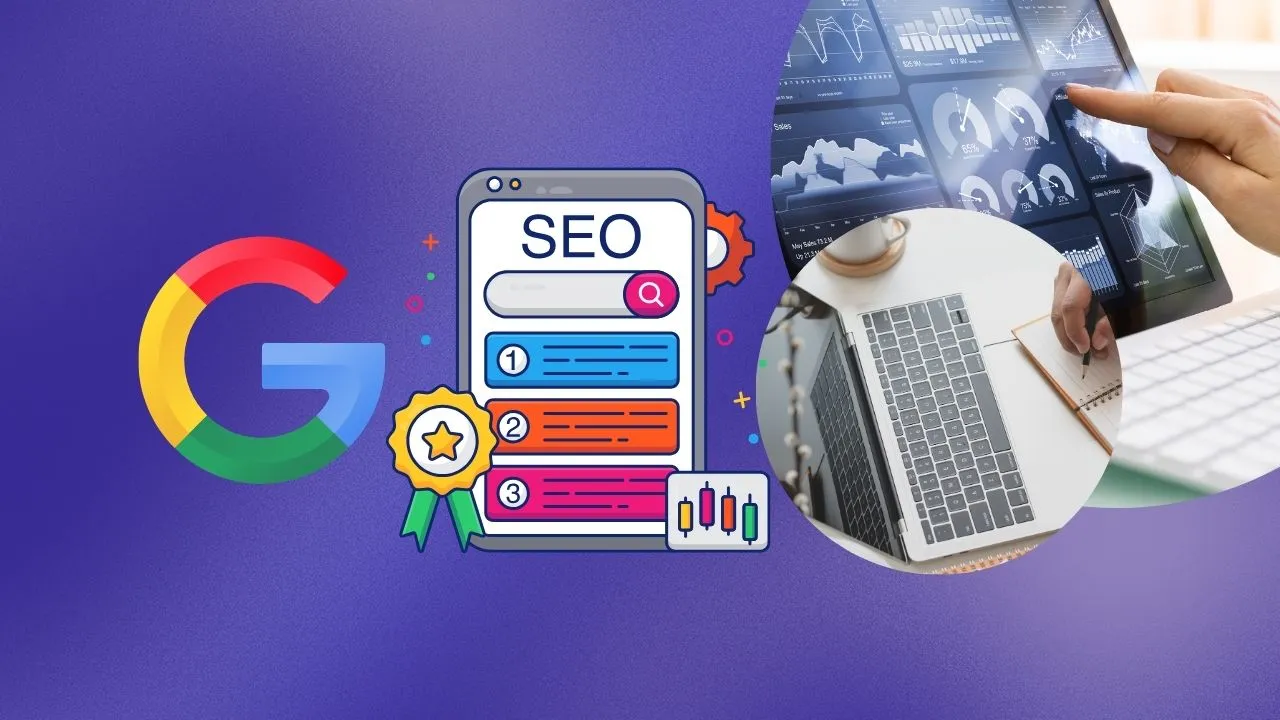In the digital age, artificial intelligence (AI) has revolutionized the way we search for information online. AI-powered search engines have become ubiquitous, delivering highly relevant and personalized results to users. But have you ever wondered how AI search actually works?
In this comprehensive guide, we will delve into the intricacies of How AI search works and explore ten essential methods that power its functionality. Whether you’re a curious user or a digital marketer looking to optimize your website’s searchability, this article will provide valuable insights into the inner workings of AI search.
1. Natural Language Processing
At the core of AI search lies Natural Language Processing (NLP), a subfield of AI that enables computers to understand and interpret human language. NLP algorithms analyze search queries and content to identify the intent and context behind them. By comprehending the nuances of language, AI search engines can provide accurate and contextually relevant search results.
2. Machine Learning (ML)
Machine Learning is a key technique in AI search. ML algorithms learn from vast amounts of data, allowing AI search engines to improve their search capabilities over time. By recognizing patterns and correlations, ML algorithms can optimize search results, adapt to user preferences, and refine relevance rankings.
3. RankBrain Algorithm
Google’s RankBrain algorithm is a prime example of AI-powered search. RankBrain leverages ML to analyze search queries and identify the most relevant results. It can understand and respond to ambiguous queries by inferring the user’s intent based on previous interactions and search patterns. With RankBrain, search results become more accurate and tailored to individual users.
4. Content Indexing
AI search engines employ sophisticated indexing methods to organize and store vast amounts of content efficiently. Through indexing, search engines can retrieve relevant information quickly. AI search engines use various techniques, such as inverted indexing, to create searchable indexes that accelerate the retrieval process.
5. Image and Video Recognition
AI search goes beyond text-based queries. Advanced image and video recognition algorithms enable search engines to understand visual content. By analyzing visual features, AI search engines can identify objects, scenes, and even faces within images and videos. This technology has broad applications, from e-commerce platforms to content discovery.
6. Entity Recognition
Entity recognition is a vital component of AI search. It involves identifying and categorizing entities within text, such as people, places, organizations, and products. By understanding entities, search engines can provide more accurate and contextually relevant results. This capability is particularly valuable in fields like local search, where identifying specific locations is crucial.
7. Contextual Understanding
AI search engines excel at contextual understanding. By considering various factors, such as location, search history, and user preferences, they can deliver highly personalized search results. Contextual understanding enables search engines to anticipate user needs and provide tailored recommendations, making the search experience more intuitive and efficient.
8. User Feedback and Behavior Analysis
AI search engines continuously learn from user feedback and behavior to refine their algorithms. By analyzing click-through rates, dwell time, and other metrics, search engines can evaluate the relevance and effectiveness of search results. This iterative learning process allows AI search engines to adapt and improve their performance, ensuring more accurate and satisfying search experiences.
9. Knowledge Graphs
Knowledge graphs play a vital role in AI search. They organize structured information and interconnections between entities, enabling search engines to provide comprehensive and semantically rich search results. Knowledge graphs enhance understanding of user queries, facilitate better search results, and power features like rich snippets and answer boxes.
10. Semantic Search
Semantic search focuses on understanding the intent and meaning behind user queries. AI search engines employ semantic technologies to comprehend the relationships between words, phrases, and concepts. By understanding the context of search queries, search engines can deliver more accurate and relevant results, even when the query does not match the exact phrasing.
How AI Search Works
Examples for AI Implementation
Here are examples for each of the methods mentioned in the article:
These examples demonstrate how AI search methods work together to deliver relevant, personalized, and contextually appropriate results to users.
Pros and Cons of AI Search Methods
Here are the pros and cons of each method discussed in the article:
1. Natural Language Processing (NLP):
- Enables search engines to understand user queries in a more nuanced way.
- Improves the accuracy of search results by considering the intent and context of queries.
- Facilitates voice search and conversational interfaces, enhancing the user experience.
- NLP algorithms may struggle with complex or ambiguous queries, leading to occasional misinterpretations.
- Language and cultural nuances can pose challenges in accurately understanding queries from diverse users.
- NLP models require continuous updates to keep up with evolving language patterns and slang.
2. Machine Learning (ML):
- ML algorithms learn from user behavior and preferences, leading to more personalized search results.
- Allows search engines to adapt and improve over time, increasing the relevance of search results.
- Helps identify patterns and correlations in large datasets, improving the accuracy of search algorithms.
- ML models can be computationally intensive and require significant computing resources.
- Bias can be introduced if the training data is not diverse or representative of the user population.
- ML algorithms may struggle to handle rare or outlier cases, leading to occasional inaccuracies.
3. RankBrain Algorithm:
- Enhances the relevance of search results, especially for ambiguous or unfamiliar queries.
- Adapts to user preferences, making search results more personalized and tailored.
- Provides a better user experience by understanding the intent behind queries and delivering appropriate results.
- The inner workings of the RankBrain algorithm are not publicly disclosed, making it challenging to troubleshoot issues.
- Overreliance on historical data may limit the algorithm’s ability to adapt to new trends or emerging topics.
- Inaccurate user feedback or click behavior can influence the algorithm’s learning process, leading to potential biases.
4. Content Indexing:
- Allows search engines to quickly retrieve relevant information, improving search speed.
- Enables efficient storage and organization of vast amounts of content.
- Indexing enhances the discoverability of web pages, ensuring they appear in search results.
- Content indexing can be resource-intensive, requiring significant computational power and storage capacity.
- If indexing is not properly maintained, outdated or irrelevant content may continue to appear in search results.
- Content that is not accessible for indexing (such as dynamically generated pages) may not be properly included in search results.
5. Image and Video Recognition:
- Enables search engines to understand visual content, expanding search capabilities beyond text-based queries.
- Enhances the user experience by providing relevant results based on image or video content.
- Supports applications like image search, visual product recognition, and content recommendation.
- Image and video recognition algorithms may struggle with complex or low-quality visuals, leading to inaccuracies.
- The computational resources required for processing and analyzing visual content can be substantial.
- Privacy concerns may arise if image or video recognition technology is not implemented with appropriate safeguards.
6. Entity Recognition:
- Improves the relevance of search results by accurately identifying and categorizing entities.
- Enhances local search by recognizing specific locations or businesses mentioned in queries.
- Enables search engines to provide more contextually appropriate results based on identified entities.
- Entity recognition algorithms may occasionally misidentify or misclassify entities, leading to inaccuracies.
- Keeping entity recognition systems up-to-date with evolving entities and terminology can be challenging.
- Entity recognition may struggle with ambiguous queries that involve multiple possible interpretations.
7. Contextual Understanding:
- Provides personalized search results based on user preferences, location, and search history.
- Enhances the user experience by anticipating and fulfilling user needs more effectively.
- Enables search engines to deliver relevant recommendations and tailored suggestions.
- Contextual understanding relies on user data, which can raise privacy concerns if not handled securely.
- Overreliance on contextual factors may limit the diversity of search results, potentially leading to filter bubbles.
- Accurate contextual understanding requires reliable data sources and proper interpretation of user preferences.
8. User Feedback and Behavior Analysis:
- Allows search engines to learn and adapt based on user interactions, leading to improved search relevance.
- Provides valuable insights into user preferences, helping refine search algorithms.
- Helps identify and address potential issues with search results through user feedback.
- User feedback and behavior analysis may be influenced by subjective factors, leading to biased results.
- Relying solely on user feedback may overlook objective measures of search result quality.
- Privacy concerns may arise if user behavior analysis is not conducted with proper consent and data protection measures.
9. Knowledge Graphs:
- Enables search engines to provide comprehensive and structured information in search results.
- Facilitates the display of rich snippets, answer boxes, and other enhanced search features.
- Enhances the understanding of user queries and improves the accuracy of search results.
- Building and maintaining knowledge graphs require significant resources and expert curation.
- Knowledge graphs may be limited in certain domains or languages, leading to incomplete search results.
- Errors or inaccuracies in the underlying data of knowledge graphs can propagate to search results.
10. Semantic Search:
- Helps search engines understand the meaning and context of queries, improving search accuracy.
- Enables search engines to provide relevant results even when the query doesn’t match the exact phrasing.
- Enhances the understanding of user intent, leading to more satisfying search experiences.
- Semantic search algorithms may struggle with complex or ambiguous queries, leading to potential misinterpretations.
- Implementing semantic search requires substantial computational resources and sophisticated algorithms.
- Overreliance on semantic analysis may result in overly restrictive or biased search results if not properly calibrated.
Important Note:
It’s important to note that while these methods have numerous benefits, they also come with potential limitations and challenges. The field of AI search is constantly evolving, and ongoing research and development aim to address these limitations and further enhance the effectiveness of AI-powered search engines.
Conclusion
AI search is a complex blend of techniques and algorithms that enable search engines to understand, interpret, and deliver highly relevant results to users. From NLP and ML to image recognition and semantic search, the methods discussed in this article highlight the multifaceted nature of AI search. By leveraging these techniques, search engines continually strive to enhance the search experience, making it more personalized, intuitive, and efficient. As AI technology advances, we can expect further advancements in AI search, ensuring that users receive the most relevant and contextually appropriate information in the digital realm.










